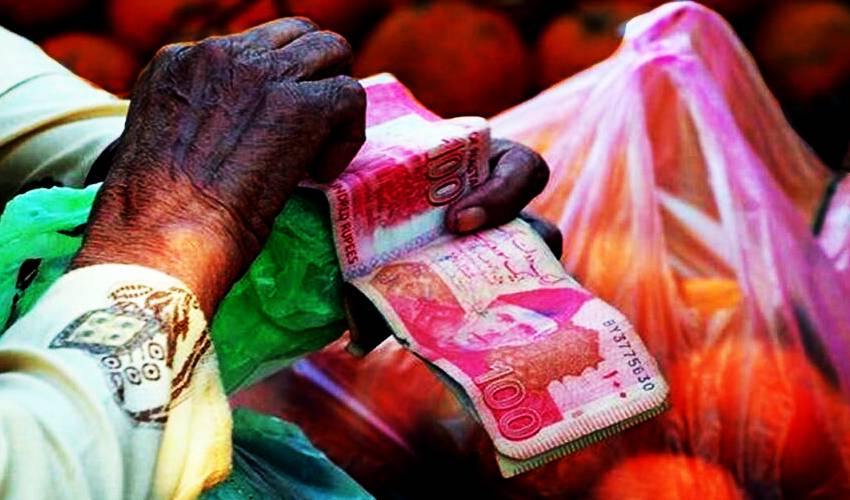Amid ongoing economic fluctuations, Pakistan witnessed a noticeable surge in weekly inflation, gauged by the Sensitive Price Indicator (SPI). The Pakistan Bureau of Statistics (PBS) disclosed a 1.16 percent rise in the combined consumption groups for the week concluding on December 7.
The SPI for the observed period within these groups reached 311.78 points, contrasting with the 308.20 points noted in the previous week, as per PBS data. Compared to the corresponding week of the previous year, a significant 42.68 percent upsurge was recorded in the SPI for the combined consumption group.
The weekly SPI, based on the 2015-16 =100 index, encompasses 17 urban centers and 51 essential items across all expenditure groups. Within these parameters, the SPI showed varied trends across different consumption brackets. Notably, the lowest consumption group up to Rs 17,732 witnessed a minor 0.17 percent decrease, settling at 306.59 points.
For consumption groups ranging from Rs 17,732-22,888, there was a 0.14 percent decrease, while higher groups, including Rs 22,889-29,517; Rs 29,518-44,175; and above Rs 44,175, saw increases of 0.96 percent, 1.27 percent, and 1.65 percent, respectively.
Examining the weekly changes, prices of 15 items surged, 14 decreased, and 22 remained stable among the 51 essential items tracked. Noteworthy decreases were observed in tomatoes (9.82%), potatoes (4.34%), and chicken (2.99%), among others. However, onions (8.42%), eggs (2.52%), and electricity charges (2.03%) were among the items that saw an increase in average prices.
Analyzing the year-on-year trends, items like onions and tomatoes observed significant price drops, while gas charges for Q1, cigarettes, and wheat flour witnessed substantial hikes in their average prices.
These fluctuations underscore ongoing economic challenges, impacting the prices of everyday essentials and highlighting the need for measures to stabilize inflationary pressures.


























